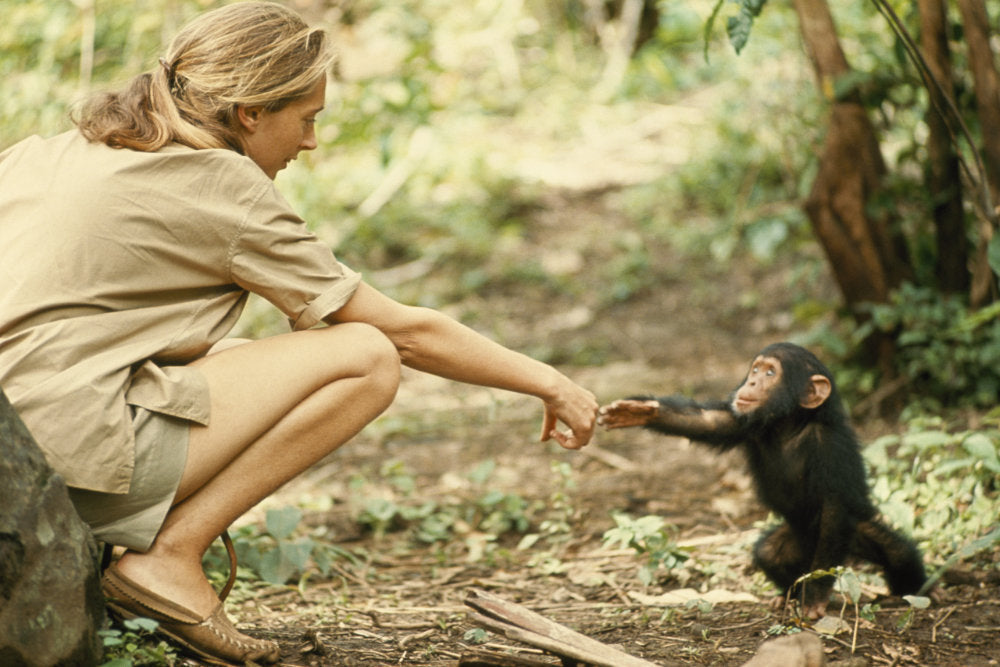Dr Jane Goodall, the world-renowned British primatologist and conservationist, passed away on 1st October 2025, at the age of 91. Her death marks the end of a remarkable life dedicated to understanding and protecting our closest animal relatives and the natural world.
A Trailblazing Scientist
Born Valerie Jane Morris-Goodall on 3rd April 1934, in London, Dr Goodall developed an early fascination with animals. In 1957, she moved to Kenya, where she met anthropologist Louis Leakey, who invited her to study chimpanzees in Tanzania's Gombe Stream National Park. In 1960, she began her groundbreaking research, observing chimpanzees in their natural habitat.
Her work revealed astonishing insights into the lives of chimpanzees. She documented their use of tools, a behaviour previously believed to be uniquely human, observing them fashioning sticks to extract termites from mounds and using leaves as sponges to drink water. She also uncovered complex social structures, showing that chimpanzees form deep family bonds, display emotions such as grief, joy, and empathy, and even engage in aggressive and political behaviours within their communities.
Dr Goodall’s patient and immersive approach to research, often sitting quietly for hours to gain the trust of the chimpanzees, allowed her to give each animal an individual identity. She named them, rather than numbering them as was common practice at the time, challenging conventional scientific norms and humanising her subjects in a way that reshaped ethology and primatology.
Despite lacking a formal university degree when she began, she earned a PhD from Cambridge University in 1966, becoming one of the few people to receive a doctorate without an undergraduate degree. Her pioneering methods and findings fundamentally changed the way scientists understand primates and the continuum between humans and other animals.
A Legacy of Conservation and Advocacy
In 1977, Dr Goodall founded the Jane Goodall Institute to support her ongoing research and promote conservation efforts. The institute has grown into a global organisation with offices worldwide, focusing on wildlife research, education, and community-centred conservation.
She also established the Roots & Shoots programme in 1991, empowering young people to take action on behalf of animals, people, and the environment. Throughout her life, Dr Goodall was a passionate advocate for environmental sustainability, animal welfare, and climate action. She served as a UN Messenger of Peace and received numerous accolades, including the Presidential Medal of Freedom in 2025, the Kyoto Prize in 1990, and the Templeton Prize in 2021.
Dr Goodall’s meticulous observations of chimpanzees, combined with her broader advocacy for the natural world, left an indelible mark on science and conservation. Her work not only transformed our understanding of chimpanzees but also inspired generations to recognise the interconnectedness of all living beings and the urgency of protecting their habitats.
Thank you, Dr Jane Goodall, for dedicating your life to understanding chimpanzees and showing us the profound connections between all living beings. Your compassion and curiosity will continue to inspire us all.







![卵の神 [God of Eggs]](http://www.catandmonkey.co.uk/cdn/shop/files/Egg_Kami_-_T-Shirt_Model_1_acb8f0a5-c020-4145-814e-f8c6cecdf233.jpg?v=1765533663&width=533)